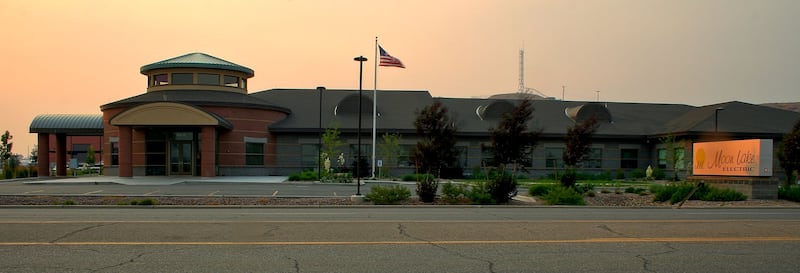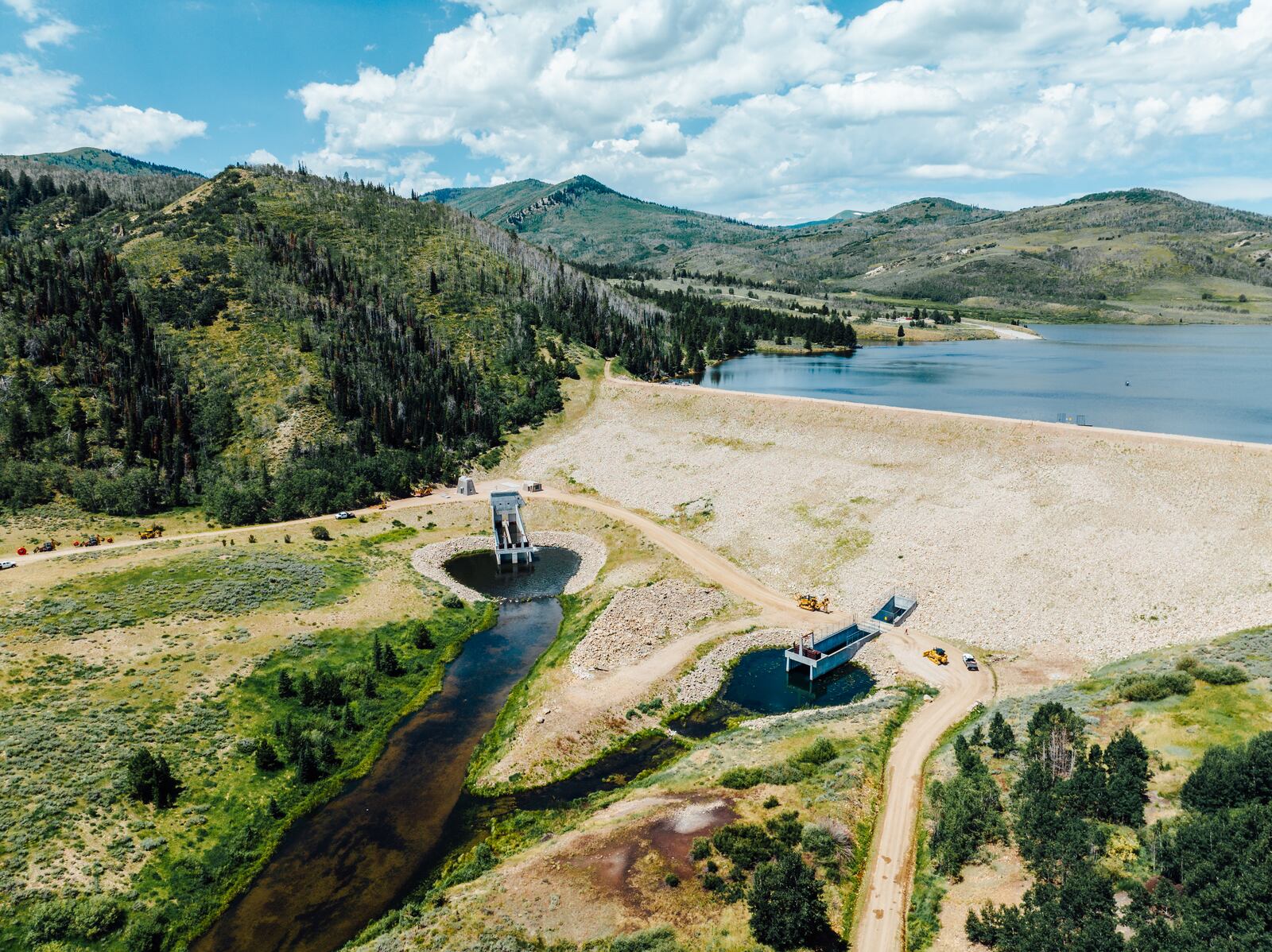This story appears in the April 2025 issue of Utah Business. Subscribe.
Utah’s 29 counties each offer businesses and employees something different. Named the best state in the nation two years in a row, it’s Utah’s varied counties that provide opportunities for all. Let’s visit Duchesne County.
In 1936, President Franklin Delano Roosevelt and the people of the United States waded through the waist-deep swamp of the Great Depression. As Roosevelt’s New Deal programs slowly took effect, one in particular would continue supporting the Utahns of Duchesne County well into the modern age: The Rural Electrification Act.
The law allowed farmers to create nonprofit cooperatives to bring electricity to the nation’s farthest reaches. Moon Lake Electric was established in the city of Roosevelt in 1938 and remains the primary electricity provider to county citizens today.
“It was up to the local people to try to establish a cooperative and develop a membership to go after some of the monies they had available to provide power,” says Yankton Johnson, CEO and general manager of Moon Lake Electric. “Three years later, the membership fee was $5.”
Today, Moon Lake keeps membership costs as low as possible; its current rate is 5.71 cents per kilowatt hour, well below the current national average of 17.01 cents.
“Ultimately, a co-op is a member-owned utility, and we provide power to our members,” Johnson says. “We try to do that at the most affordable rate we can and with the highest reliability.”
Becoming a Moon Lake co-op member requires a membership application form, a successful background check and a $20 fee. Moon Lake takes care of the rest. Once on board, members have voting rights within the democracy-based company.

“Our membership is broken up into nine different districts. It’s a democracy. Anyone within the district can run for a board seat,” Johnson explains. “We have seven seats. … and three-year terms. [Members] can run for our board for a maximum of 12 years. … If the community has an issue or concern, they can go directly to their board of directors. We meet once a month to discuss our activities and any of those concerns the members might have.”
Taking the power back
For many, being a co-owner of your power company is entirely foreign. For Duchesne County residents, it is a matter of preference — and not just when it comes to electricity.
Roosevelt, Utah-based Strata Networks currently operates as the county’s premier telecommunications cooperative, but the path there took some time. When a previous provider stopped investing in keeping the community’s service up-to-date, citizens came together to convince them to sell their rights to the area’s lines to what is now Strata Networks, allowing the community to take control of another connection need.
Strata and Moon Lake’s community focus drives them to constantly seek opportunities to deliver better service to co-op members.
“We’re essentially doubling our capacity to prepare for the future.”
— Yankton Johnson
“They’re based out of Duchesne County, so the people working there have a vested interest. Their kids go to school here,” says Deborah Herron, economic development director of Duchesne County and member of both Strata Networks’ and Moon Lake Electric’s co-ops. “It’s not like a big corporation. They’re based here, and because of that, they’re very interested in the growth and development of their hometown and home county.”
Bringing in the big business
These co-ops and other businesses are part of the support structure for Duchesne County’s most prominent money-maker: oil and gas. In 2024, 64 percent of all Utah’s oil production came from Duchesne, a boon at times and a burden at others. During a boom, these co-ops keep the county working hard. During difficult hours, diversified businesses keep the dips from getting too low.
“[Prosperity] comes and goes according to the price of oil; we’re busting and booming,” Herron says. “So, obviously, we’re looking to diversify. We recognize that oil and gas is our bread and butter, but it would be nice to flatten out some of those busts.”
Moon Lake Electric’s support for more business diversity comes in the shape of a new 46-mile line bringing 100 megawatts of power to the area. T
o put that into perspective, Moon Lake currently supplies 150 megawatts, with about 62 megawatts going to a single oil producer. The extra energy will allow capacity for more businesses to enter the area successfully.
As Johnson puts it: “We’re essentially doubling our capacity to prepare for the future.”


